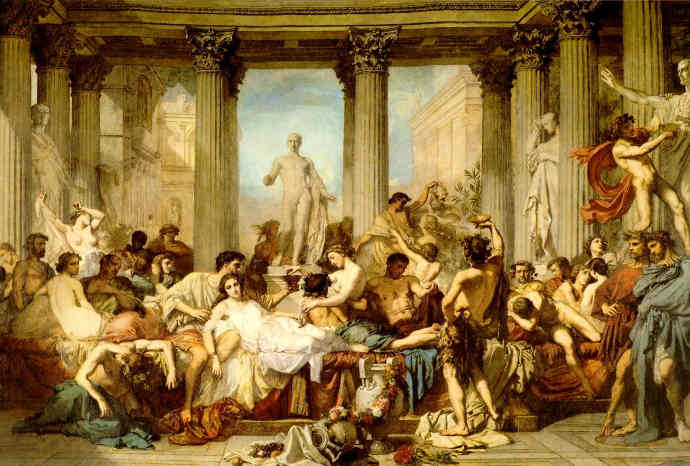The fall of the Roman Empire was a significant turning point in history, and its legacy has had a lasting impact on European civilization. The collapse of the Roman Empire created a power vacuum that was filled by new empires, including the Byzantine Empire and the rise of Islam.
The decline of the Roman Empire also marked the end of ancient civilization and the beginning of the Middle Ages. The fall of Rome led to a period of political instability, economic decline, and social unrest, which lasted for centuries. The legacy of the fall of Rome can still be seen in the ruins of ancient cities and the decline of Latin as a language.
Despite the collapse of the Roman Empire, its legacy continued to influence European civilization. The Roman legal system, architecture, and engineering continued to be studied and imitated for centuries. The legacy of the Roman Empire can also be seen in the spread of Christianity, which was adopted as the official religion of the Roman Empire in the 4th century CE.
In conclusion, the fall of the Roman Empire was a significant turning point in history, and its legacy has had a lasting impact on European civilization. The collapse of the Roman Empire created a power vacuum that was filled by new empires, and the decline of Rome marked the end of ancient civilization and the beginning of the Middle Ages.
Works Cited:
Heather, Peter. The Fall of the Roman Empire: A New History. Oxford University Press, 2006.
Ward-Perkins, Bryan. The Fall of Rome and the End of Civilization. Oxford University Press, 2005.
Wickham, Chris. Medieval Europe. Yale University Press, 2016.








